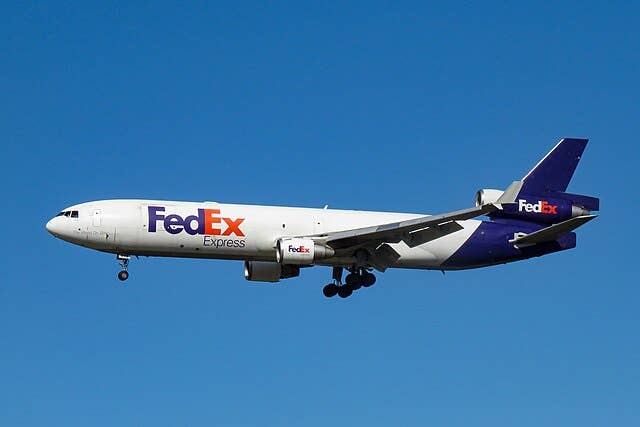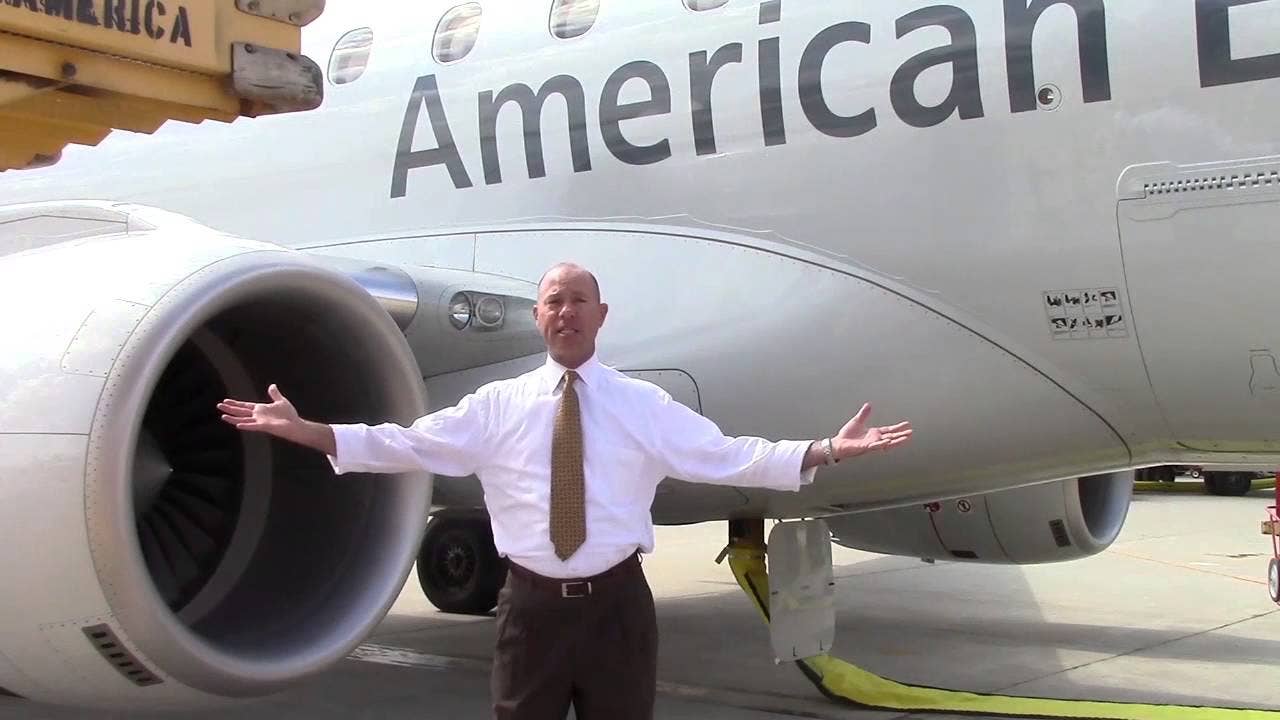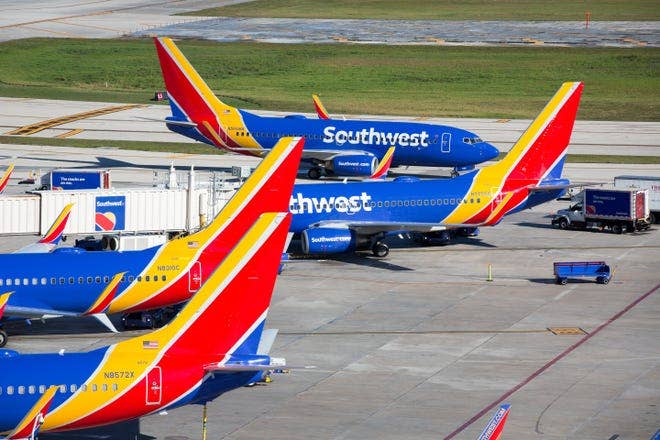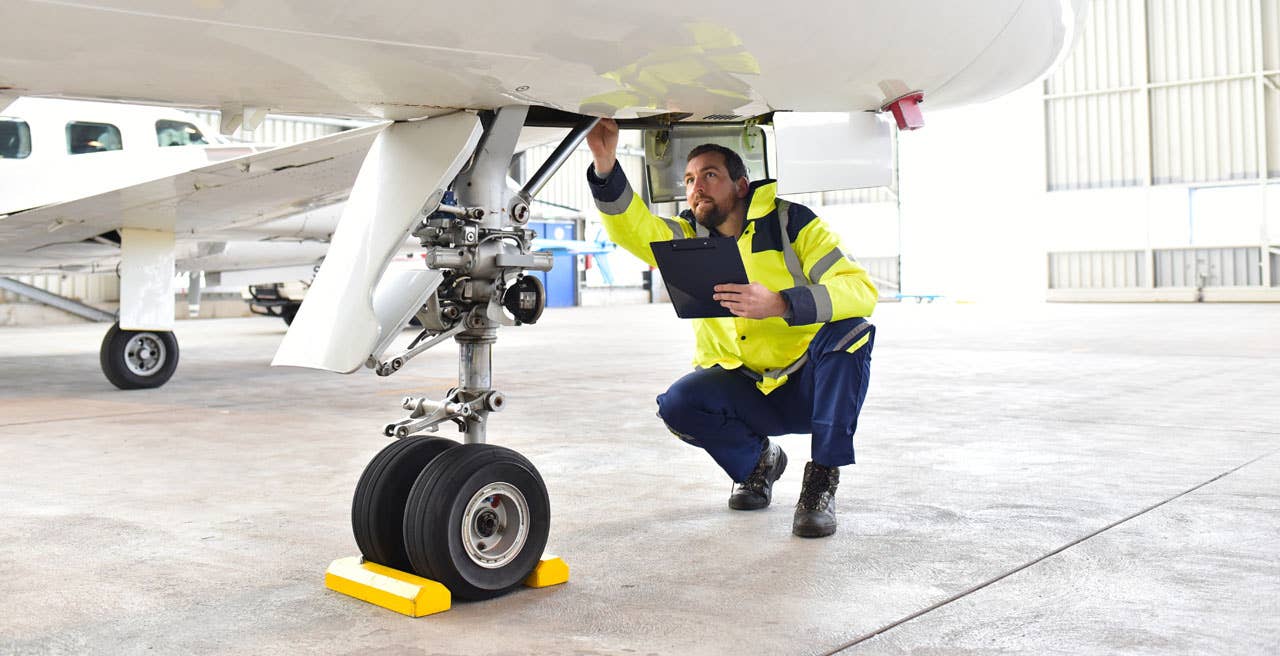Airbus Wins, VoloCopter Debuts At GreenTec Awards
In Berlin last week, Airbus took home the GreenTec award in aviation for its work in developing fuel cells for use in commercial aircraft. The annual awards are Europes “most important environment and business awards,” Airbus said in a news release. Fuel cells are one of the most promising ‘step-change’ technologies to make our aircraft even more efficient, cleaner and quieter,” said Gunter Butschek, COO for Airbus. “The recognition of our fuel-cell project at the GreenTec Awards underlines the relevance of our activities.” Airbus is working to not only create clean electricity with fuel cells but also to use the by-products — water and nitrogen gas — in various aircraft systems. The technical solution may soon be “widely adopted,” one of the judges said. But at the media-friendly awards event, the recently completed e-Volo two-seat Volocopter prototype stole the show, suspended from the ceiling above the crowd.
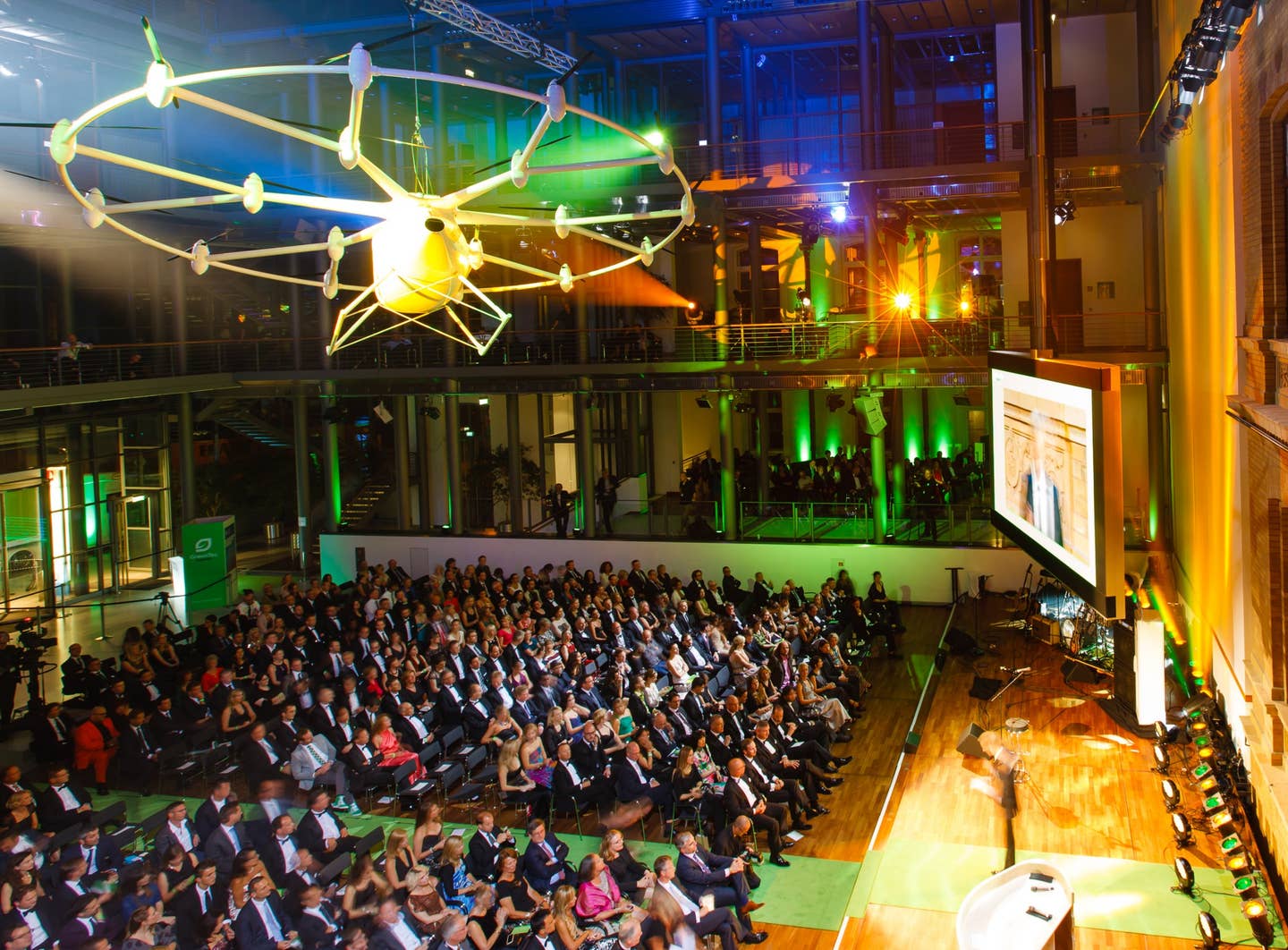
In Berlin last week, Airbus took home the GreenTec award in aviation for its work in developing fuel cells for use in commercial aircraft. The annual awards are Europes "most important environment and business awards," Airbus said in a news release. Fuel cells are one of the most promising 'step-change' technologies to make our aircraft even more efficient, cleaner and quieter," said Gunter Butschek, COO for Airbus. "The recognition of our fuel-cell project at the GreenTec Awards underlines the relevance of our activities." Airbus is working to not only create clean electricity with fuel cells but also to use the by-products -- water and nitrogen gas -- in various aircraft systems. The technical solution may soon be "widely adopted," one of the judges said. But at the media-friendly awards event, the recently completed e-Volo two-seat Volocopter prototype stole the show, suspended from the ceiling above the crowd.
The first manned flight of the two-seat Volocopter will take place before the end of the year, the company said this week. We are on schedule with the development, said e-volo Managing Director Stephan Wolf. The aircraft can fly up to 20 minutes on battery power, the company said. The pilot uses a joystick to control the fly-by-wire system, according to the company website. "Opposed to any other aircraft, the operation is childs play," the website says. "It takes off and lands vertically and the pilot pays little or no attention to the flight path angle, minimum speed, stall, mixture control, pitch adjustment and many other things which make conventional aviation so demanding. The propellers generate the entire ascending force, and by means of a selective change in rotary speed they simultaneously take care of the steering. Furthermore, as opposed to helicopters, no mechanical pitch control of the propellers is necessary whatsoever." Onboard computers control the rotation speed of each drive separately, the company said. An optional, additional pusher propeller would enable the aircraft to fly faster. The company flew its initial one-seat multicopter in 2011.

